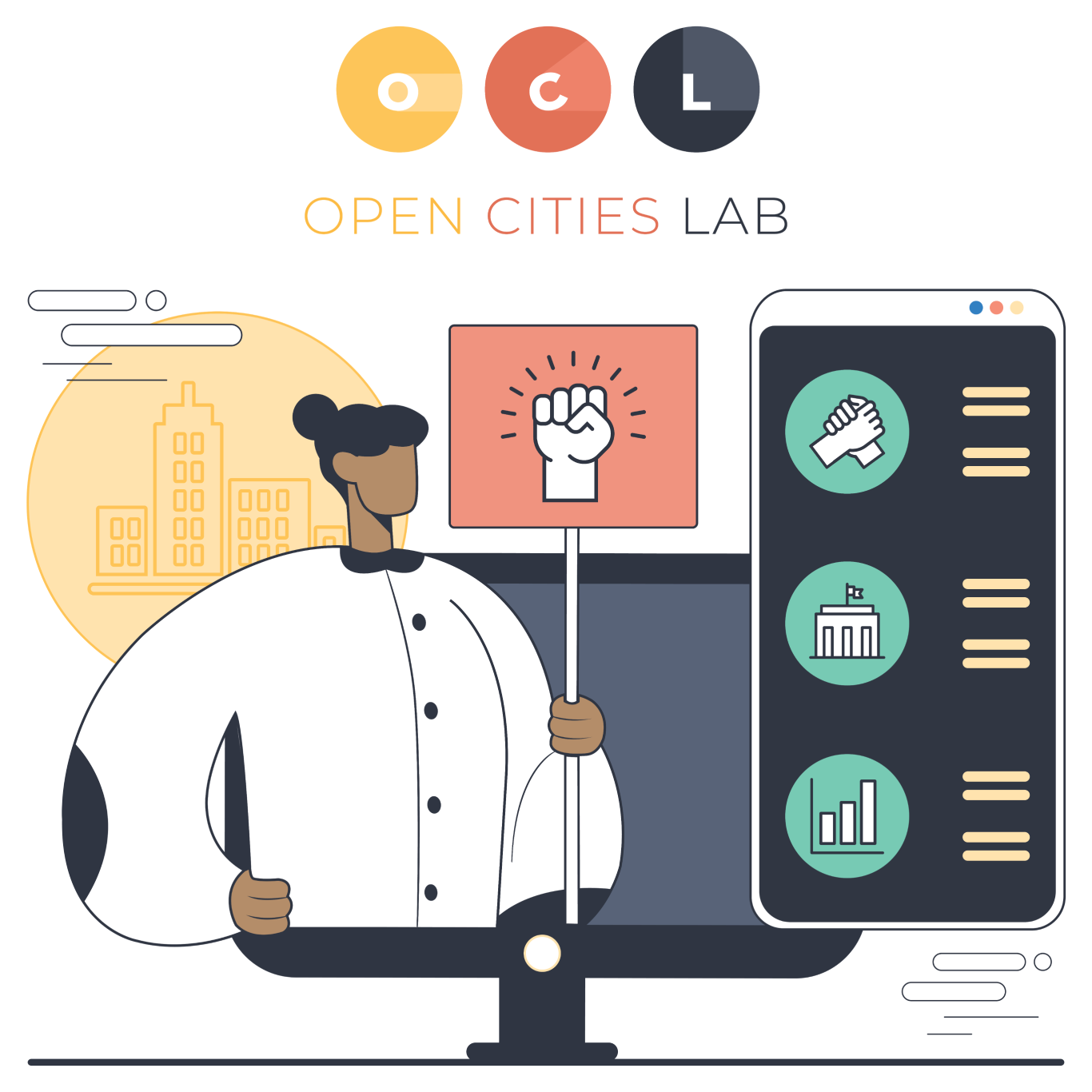Civil Society Organisation
I work for a Civil Society Organisation and would like OCL to help my team leverage data in the most impactful way.
Natural language processing analyses
textual information to develop insight into
a digital 'voice'.
Dashboards present data in clear, visually pleasing and easy to understand formats/ways.
Databases store data in a format that is efficient and easy to use. Data portals enable access to information for both technical and non-technical indivduals.
Mapping and geospatial analyses allow for information to be communicated in reference to a specific location.
Natural language processing analyses
textual information to develop insight into
a digital 'voice'.
Dashboards present data in clear, visually pleasing and easy to understand formats/ways.
Databases store data in a format that is efficient and easy to use. Data portals enable access to information for both technical and non-technical indivduals.
Mapping and geospatial analyses allow for information to be communicated in reference to a specific location.

We are a non-profit organisation that creates tools and interventions that strengthen capacity within government, empowers citizens and improves trust and accountability in the civic space.
We have been operating since 2015, and have international reach through our projects in African cities and urban spaces, and a global presence in knowledge creation.
.png)
I work for a Civil Society Organisation and would like OCL to help my team leverage data in the most impactful way.

I am part of an existing organisation and would like to partner with OCL to help us map out our systems and guide us in building and managing our data system

I work for the city and need a way to easily collect, analyse and/or share important data with my team and other stakeholders.
Lorem ipsum dolor sit amet, consectetur adipiscing elit. Suspendisse varius enim in eros elementum tristique. Duis cursus, mi quis viverra ornare, eros dolor interdum nulla, ut commodo diam libero vitae erat. Aenean faucibus nibh et justo cursus id rutrum lorem imperdiet. Nunc ut sem vitae risus tristique posuere.
What our partners say about us.
Lorem ipsum dolor sit amet, consectetur adipiscing elit. Suspendisse varius enim in eros elementum tristique. Duis cursus, mi quis viverra ornare, eros dolor interdum nulla, ut commodo diam libero vitae erat. Aenean faucibus nibh et justo cursus id rutrum lorem imperdiet. Nunc ut sem vitae risus tristique posuere.